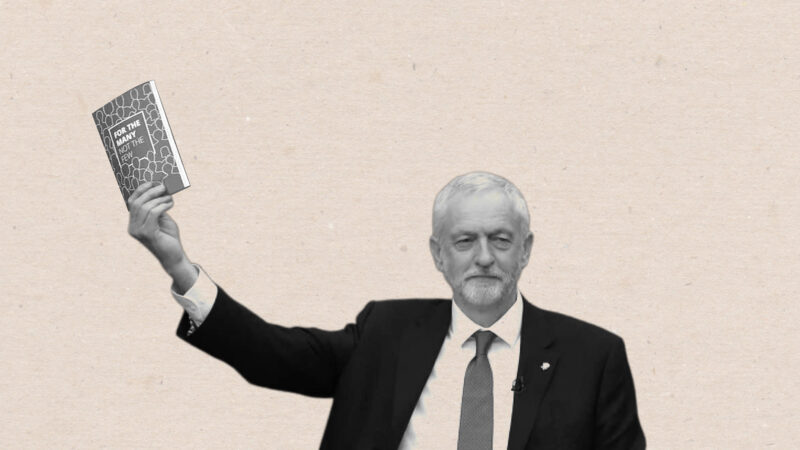
The next Labour government will inherit a polarised, divided country. It is a formidable challenge. There is no path to Downing Street that does not run through the small and medium towns that form the key battleground for the next election. In many of those towns large numbers turned out to vote Leave in 2016, the right is gaining ground and decades of relative decline have left visible scars and a widespread distrust with politics itself.
But the story of how many towns came to turn away from Labour, overlooked for decades by successive governments, should serve as a warning. In the cities where Labour holds many seats and continues to gain ground, feelings run just as high. Decades of growth have been accompanied by searing inequality and many now feel their liberal and internationalist values have no home in modern Britain.
In every town and city I’ve campaigned in since 2015, there is a widespread feeling that the world is spinning out of control and the ground is shifting under people’s feet. People worry about the future on offer for their children and hope is increasingly in short supply. Experiences of recent globalisation and the challenges that has thrown up may be different in different parts of the country but what is the same is the feeling of being marginalised in the national debate and a sense that politics shrugs its shoulders in the face of crisis and insecurity rather than provide the basis of a good life. The next manifesto must meet that overwhelming sense of anxiety and insecurity that exists in every part of the country.
In towns hard hit by economic decline, we need an industrial strategy that provides jobs with purpose, income and opportunity. Over four decades, good jobs have been lost in our towns, young people have left and with them we have lost the working age-population and spending power that sustains the buses, pubs, post offices and thriving high streets that make up the beating heart of the community.
It is breaking families apart. In research for a forthcoming Centre for Towns report, young people in northern and southern towns told us of the choices they were forced to make between family, home, work and opportunity. Enabling young people who want to stay and contribute to their home towns keeps families together, tackling the crisis of loneliness and social care that families split apart has helped to fuel. It restores a sense of pride and purpose to communities like mine that within living memory powered the world through difficult and dangerous work in the coal mines, and who deserve that again.
To rebuild those towns takes more than just a commitment to a Green New Deal. To attract clean energy investment you need digital infrastructure, good transport links and investment in skills. So why is it that still the North receives on average £2,389 less per head on transport than London, leaving whole areas of the country without the functioning public transport network we need to survive?
The answer is political power. When decisions are made hundreds of miles away, by people who have never been to those communities and have no skin in the game, you end up with whole parts of the country rendered invisible. It is how, until recently, the Arts Council was spending £8 in Islington for every £1 in all the former coalfield communities in Britain. This really matters. Three-quarters of library, museum, theatre and cinema closures occurred in towns between 2010 and 2017, cutting those communities not just adrift from culture and arts, but out of the national story altogether.
A country in which people feel they have a stake deeply matters to people in our towns and cities. Building it takes a real commitment to handing people much more agency over their own lives. That is why the big idea behind Labour’s next manifesto must be to move power much closer to home. Politics has become a battleground in recent years, polarising and dividing us, but across the country place is a unifying force where people come together to change things for the better. As Andy Burnham puts it, can you think of any other idea out there at the moment that unites people across the political spectrum? We should seek power to give it away because in the end our best hope is each other.
Lisa Nandy will speak at a Labour conference event titled ‘Labour’s next manifesto: Bridging divides with radical policies’. Hosted by LabourList in partnership with Unite the Union, the panel event will take place on Monday 23rd September, 1.30-3pm, in the Pavilion Room, The Grand. (No conference pass required for access.)




More from LabourList
‘The hope that kills you’: Reflections from the final day in Gorton and Denton
MPs, union leaders and organisations react to ‘bruising’ Gorton and Denton result
A gory night for Labour